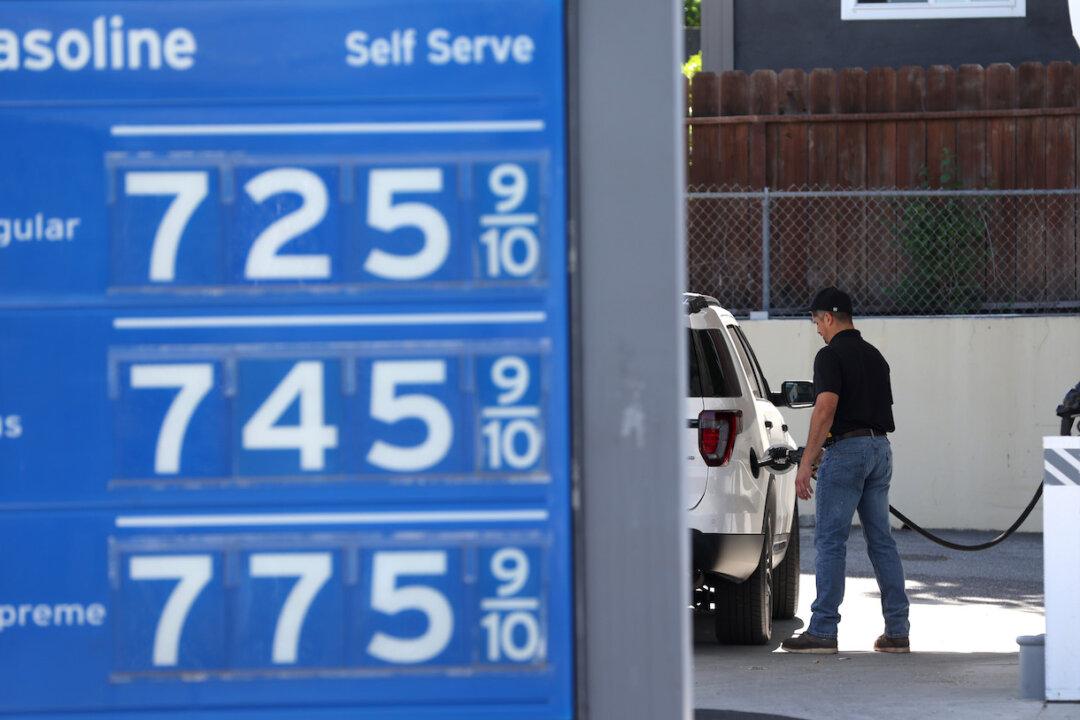COVID-19 restrictions, global supply chain disruptions, and the impact of the Russia-Ukraine war on energy, food, and metals prices have resulted in the shrinkage of the world’s top two economies—the United States and China.
U.S. inflation remains at a 40-year high, with April’s consumer price index jumping 8.3 percent from 12 months earlier, according to the Labor Department. Compared to the 8.5 percent jump in March, the annual rate of inflation in April remains at a level unseen since the 1980s.





